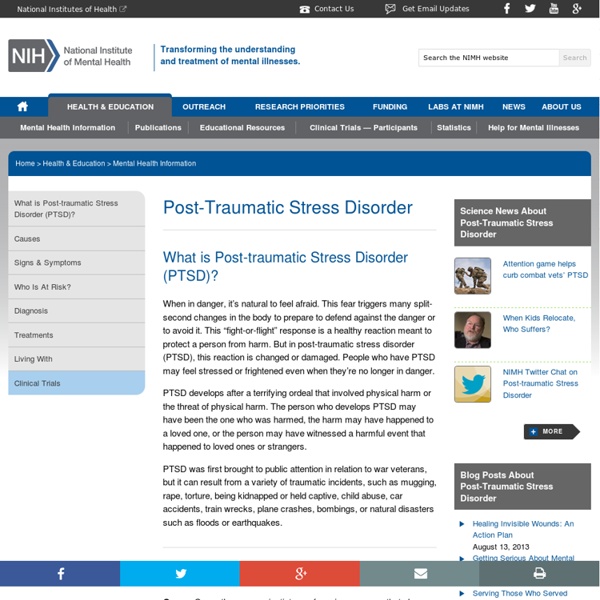Post-Traumatic Stress Disorder (PTSD)

Why Passive Aggression Thrives in the Workplace
Passive aggressive behavior is the perfect crime when it comes to sabotaging workplace productivity and souring office morale. Defined as a “deliberate and masked way of expressing covert feelings of anger” (Long, Long & Whitson, 2009), passive aggression, by its very nature, occurs through covert and “justifiable” actions that evade Human Resources’ disciplinary action while undermining authority and disrupting work flow. What makes workplaces so vulnerable to passive aggressive behavior? The Time Factor Other than home, many adults spend more time at work than anywhere else. For the person who has difficulty communicating honestly and directly, he will play out his passive aggressive style wherever he spends a great deal of time. Relationships Happen Whether strictly business or over friendly lunches, enduring relationships develop in most workplaces and within relationships, passive aggression occurs. Honesty is Not Always Professional It’s Personal, Not Business You Remind Me of My Mom
Related:
Related:



